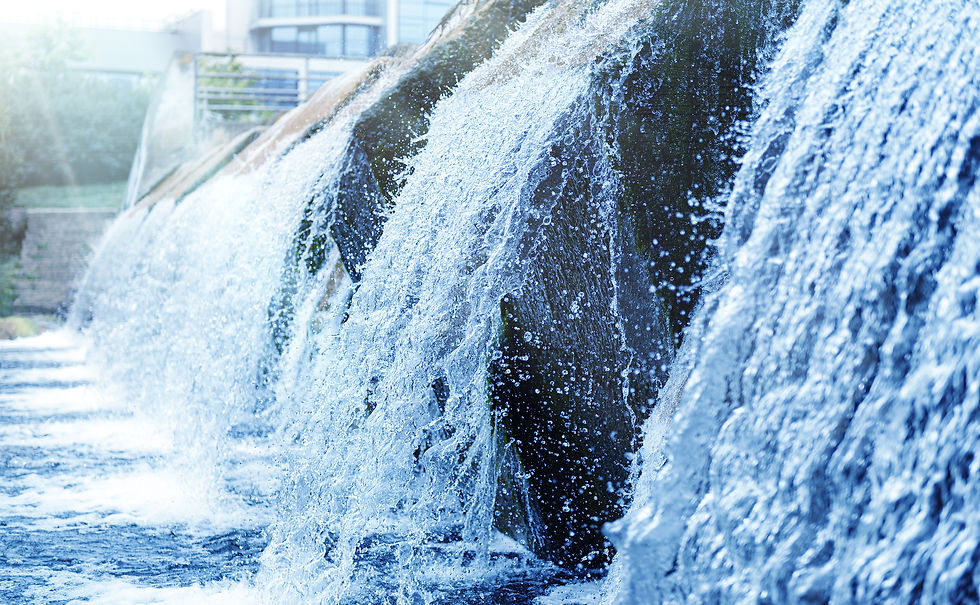Two New Bills Target the Fracking Industry
- Allison Stalker
- Mar 19, 2013
- 2 min read
Updated: Aug 29, 2023

Representatives from both Colorado and Pennsylvania introduced two new bills focused on the fracking industry last Thursday. The main goal of these bills is to ensure the fracking industry is required to follow the same environmental rules as other industries. According to a press release from the representatives, the legislation “is focused on ensuring the safety and the health of the communities where the hydraulic fracturing, or fracking, process is already taking place”.
Rep. Jared Polis (D-CO) and Rep. Matt Cartwright (D-PA) introduced the bills. The first, entitled Bringing Reductions to Energy’s Airborne Toxic Health Effect (BREATHE) Act, would amend the Clean Air Act to close a loophole enjoyed by the fracking industry. This bill would require companies to total their air pollution emissions from as their wells as a whole, instead of each well individually. It also adds hydrogen sulfide to the list of hazardous air pollutants under the Clean Air Act.
The second bill, entitled Focused Reduction of Effluence and Stormwater runoff through Hydraulic Environmental Regulation (FRESHER) Act, would amend the Clean Water Act to rid it of its fracking loopholes. This bill would omit the construction and operations exemption for the oil and gas companies. This would require these companies to obtain storm water runoff permits and also require a study to understand the effects of fracking on surface water.
“New technologies have led to the rapid development of hydraulic fracturing in Colorado and Pennsylvania before community members could fully understand the potential health, safety, and quality of life implications of drilling in their neighborhood,” said Rep. Jared Polis (D-CO). “Through the BREATHE Act and the FRESHER Act, we want to make sure that fracking is not exempt from the Clean Air Act and the Clean Water Act simply because fracking was not prevalent when these laws were initially written. These bills update health and safety protections that have traditionally had strong bi-partisan support and ensure gas industry accountability.”
If passed, these two bills would start closing numerous loopholes the gas and oil companies enjoy, including ones in the Safe Drinking Water Act, the Superfund Act, the Community Right to Know Act, and the National Environmental Policy Act.
“The lack of oversight and permitting of storm water in the oil and gas industry represents a danger to the nation’s waterways and other key assets. This is especially true in areas where hydraulic fracturing has increased in prevalence,” said Rep. Matt Cartwright. “Both of these pieces of legislation are common sense and I urge my colleagues from both sides of the aisle to get on board.”



